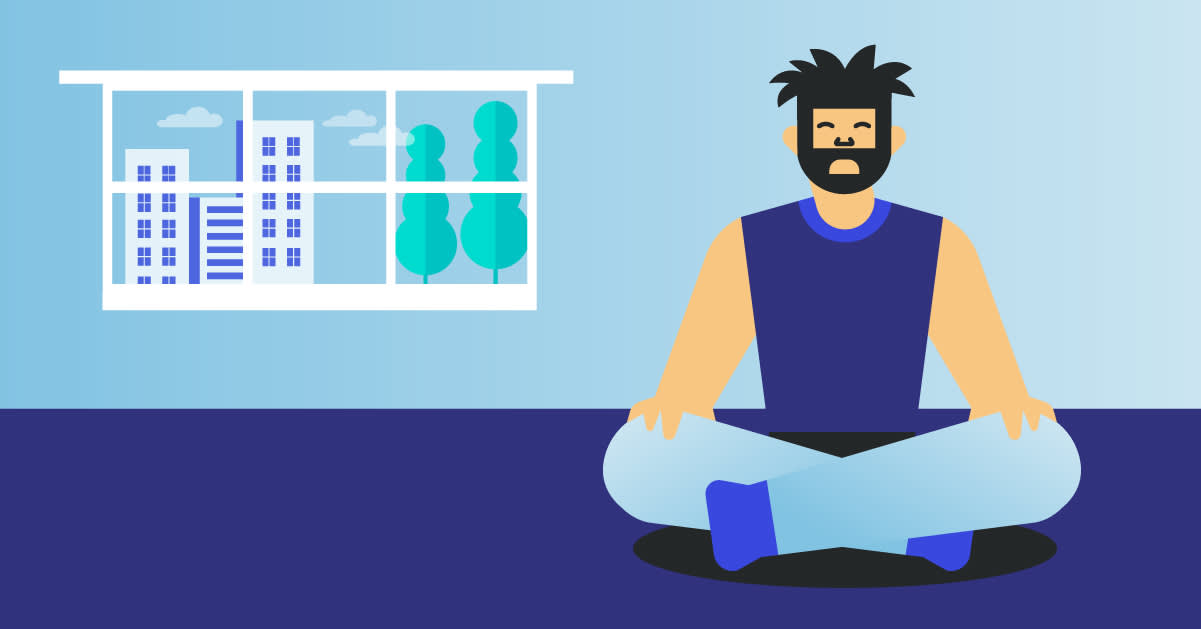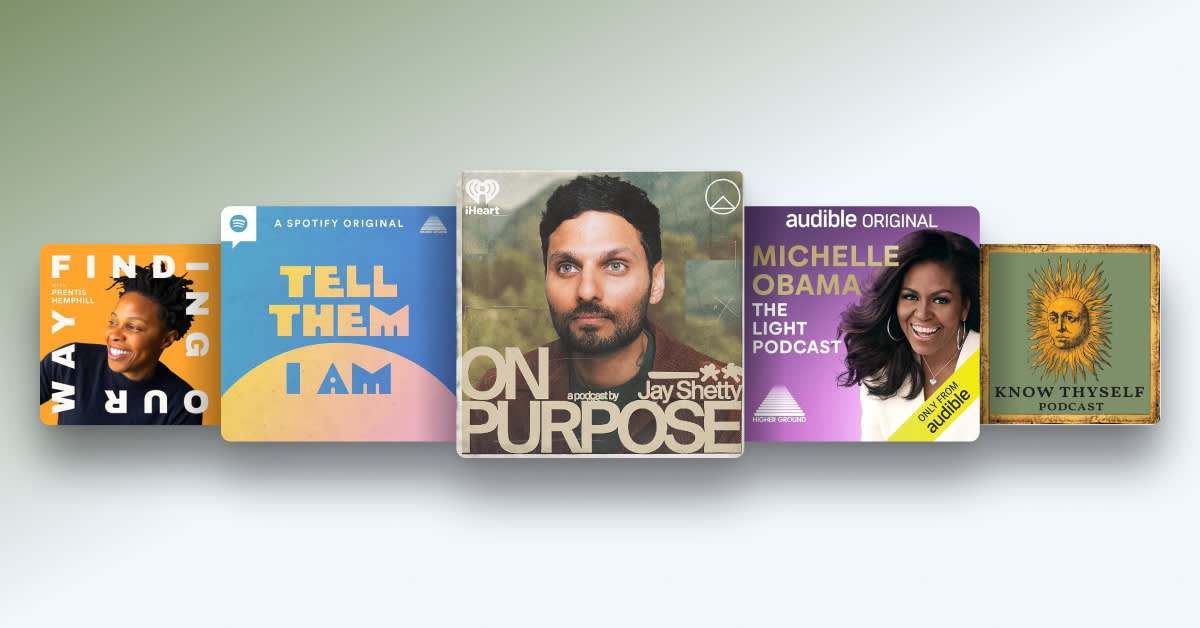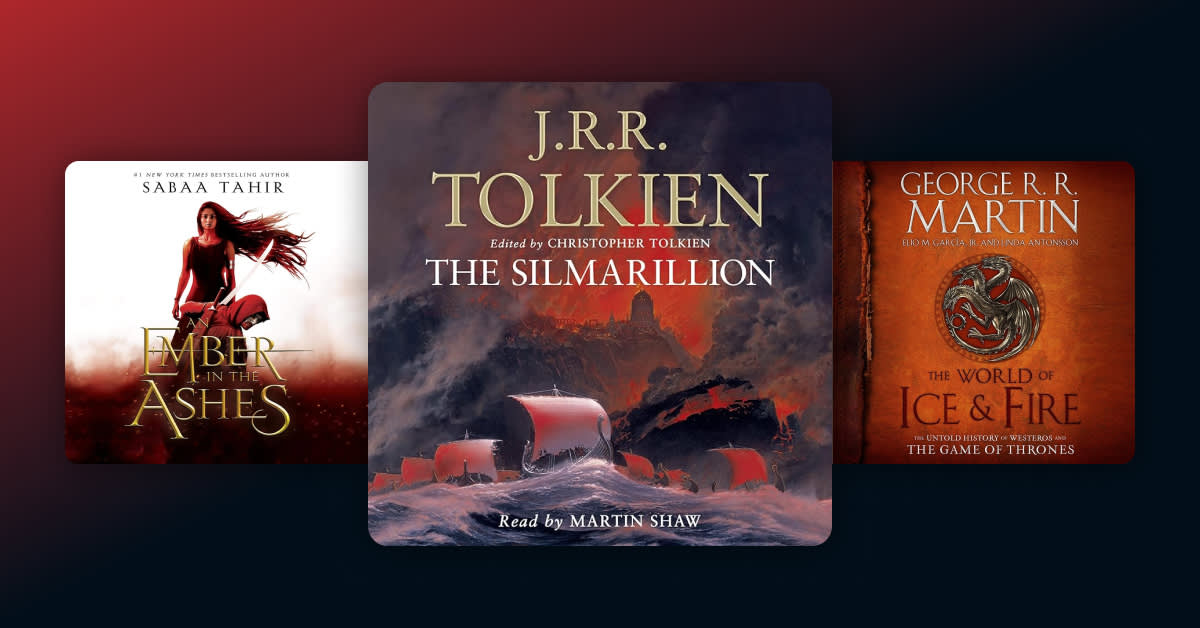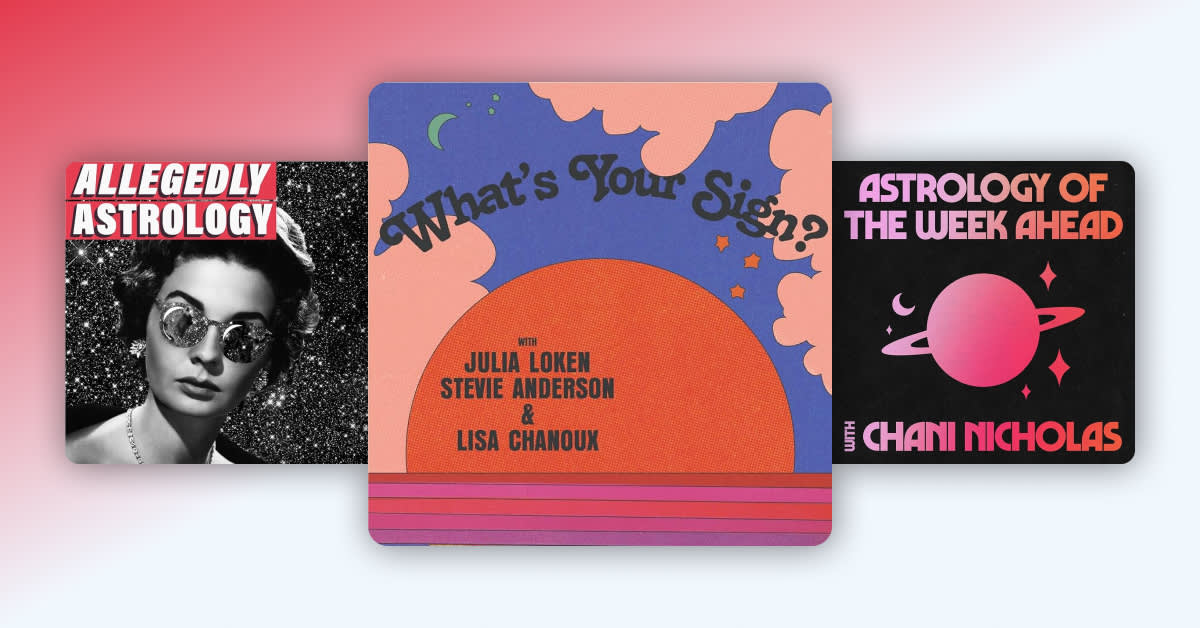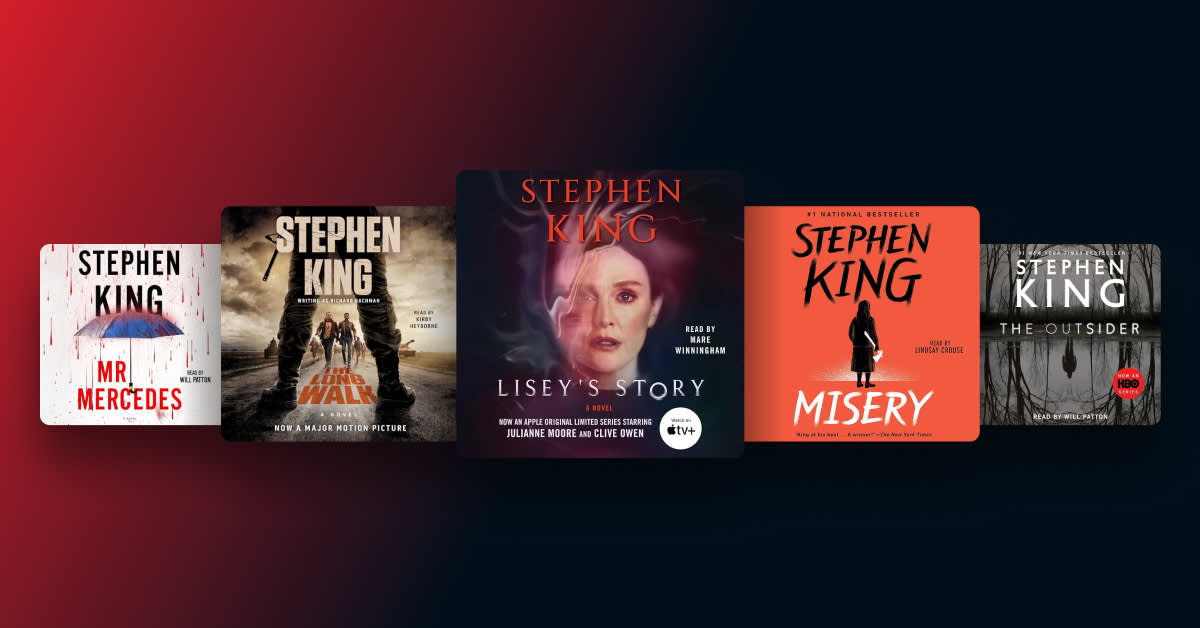If you have an Instagram account or follow style trends of the past few years, you might have noticed that minimalism has caught on big time. Minimalism, put simply, is the philosophy of living with only what you need and focusing more on experiences than possessions. It might seem daunting to make the switch to minimalist living, but if you're serious about spending within your means, reducing clutter, and breaking free of obsessing over material things, we have a few tips on minimalist living to help ease the transition.
Clean Out the Closets
The first step might be the hardest: you have to begin at home by weeding out extra and unnecessary possessions. This might be harder for some than others, especially if you’re like us and have tons and tons of books. We recommend starting slowly and getting rid of duplicate items and things you no longer use. Clean out old cupboards.Go through old boxes. The stuff that you haven't touched in a while should be especially easy to part with. If you need help decluttering even more, we recommend the worldwide best seller, The Life-Changing Magic of Tidying Up by Marie Kondo. Emily Woo Zeller narrates Kondo’s KonMari Method, which offers a unique way to go through yourbelongings, category-by-category, touching each object and asking if it “sparks joy.” If the answer is no, it goes! Kondo has helped countless people declutter their homes and live with only what they love.
Consider New Purchases Carefully
Once you've decluttered and gotten rid of tons of things that you no longer need, the next challenge is to avoid falling back into your old ways and replacing it all. Think very carefully about each new item you bring in. Ask yourself if it's necessary, and how often you'll actually use it. Is it something that you can borrow from a friend? Can you rent this item rather than buy one of your own? Check out your local library—they often have collections of surprising materials, such as canning kits, DVD players, and board games. It's okay to buy new things, but just make sure you're doing it for the right reasons.
For more tips and information about conscientious purchasing, we recommend The Conscious Closet: The Revolutionary Guide to Looking Good While Doing Good by Elizabeth L. Cline. A journalist and fashionista, Cline came to fashion minimalism not for aesthetic reasons, but because fast fashion—cheap, trendy clothing—is horrible for the planet. In this author-narrated audiobook, Cline shares simple strategies forbuilding an ethical wardrobe, including changing shopping habits to incorporate thrifting, repairing items, and swapping with others to make more sustainable choices.
Value Experiences and Quality over Stuff
Minimalism may seem like it's full of rules, and those rules boil down to: don't buy stuff! But such a sweeping restriction is not only impractical; it sets people up to fail. Instead, as a minimalist, you must reassess your priorities and decide what is important to you. Minimalism isn't about creating an Instagram-worthy living space, but about cutting out things—obligations as well as possessions—that don't add value to your life. To help you explore your values as a minimalist, we recommend Practical Minimalism by Jessica Adams, a guide that but helps you clarify your goals and intentions, and does so in a way that doesn't shame you for spending money on a t-shirt or a book you're excited about.
Minimize Your Waste
One of the reasons people turn to minimalism is because it cuts down on the amount of waste in your life, which helps the environment. But even if you don't buy tons of consumer goods, you still aren't necessarily living that "zero waste" lifestyle. Think about the amount of plastic you consume, or if you're using one-use materials that can really add up in landfills. Consider where you get your items, and if you can use thrift stores or online swaps at all. Minimalism is also about simplifying the amount of resources you use, so consider how your routines impact the environment. Simple switches such as buying one great reusable coffee cup or using washable paper towels can help minimize your eco footprint and simplify your life. Check out Zero Waste Home by Bea Johnson, which is a great guide to minimizing the waste your family uses. Backed by her own family’s experience, the author offers advice on how to buy only what you plan to use, eliminate plastic from your kitchen, produce significantly less garbage, and much more.
Simplify Your Budget
Part of becoming a minimalist is cutting down on habitual spending, so that you have the money to invest in high-quality items and rewarding experiences. Doing so requires that you get a handle on your expenses, make a plan for savings, check your bank balance regularly, and find a budget that works for you. If this all sounds overwhelming, You Need a Budget by Jesse Mecham is a great place to start. Like the concept of minimalism, this audiobook’s philosophy is simple and centered around four rules: identify your spending priorities, plan ahead for larger expenses, save regularly, and reevaluate your budget periodically as your life changes.
Minimize Your Digital Clutter
Minimalism is not just about the stuff taking up space in your closet. So many people now have more digital content cluttering up their devices than ever before, and that can lead to its own stress. While you're busy decluttering your house, remember to take a moment to declutter your email inbox, streamline your desktop, and empty your digital trash. Create folders, regularly organize pictures and files, and update your apps. If you want more tips for controllingconstant digital demands and distractions, check out Digital Minimalism: Choosing a Focused Life in a Busy World by Cal Newport. This welcome guide offers practical advice and encouragement for turning off app notifications,distancing yourself from your phone and laptop, and rethinking your relationship with social media so that you're happier, calmer, and ready to live in the moment.
Tirzah Price is a writer and contributing editor at Book Riot.
